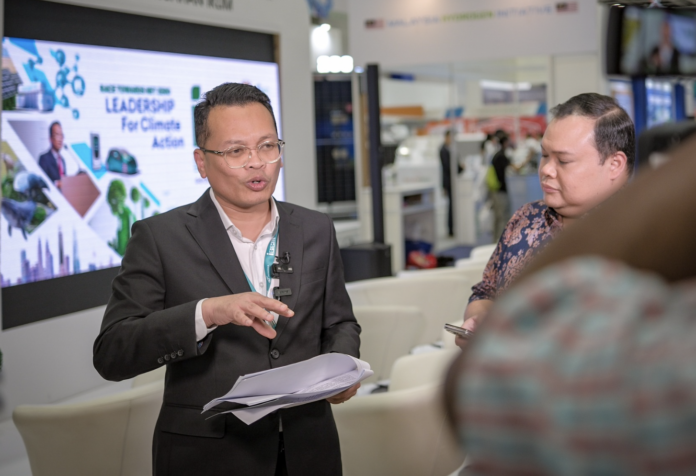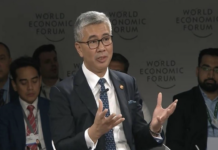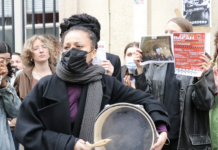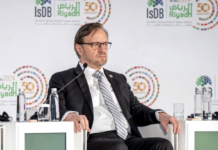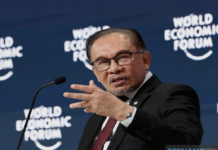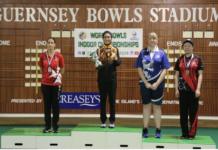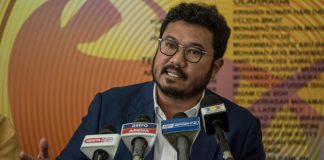KUALA LUMPUR, Oct 4 — Malaysia has sent a letter to Indonesia with regard to cooperation under the ASEAN Agreement on Transboundary Haze Pollution, says Minister of Natural Resources, Environment and Climate Change Nik Nazmi Nik Ahmad.
He said the letter had been sent to his counterpart in Indonesia following instructions from the Prime Minister, Datuk Seri Anwar Ibrahim yesterday to coordinate with his counterparts in ASEAN to resolve the transborder haze issue.
“I have sent a letter to Indonesia. Yesterday the Prime Minister had instructed the ministry to coordinate this haze problem.
“Following the instruction, I sent a letter to my counterpart in Indonesia,” he told reporters after attending the International Green Technology and Eco Products Malaysia (IGEM) Exhibition and Conference, here today.
The Malaysian Air Pollution Index Management System (APIMS) website operated by the Department of Environment (DOE) reported that as of this afternoon, the air quality in Sri Aman was at an unhealthy level of 138, while in Serian Sarawak it was 113.
An API reading of zero to 50 indicates that the air quality is good; 51 to 100, moderate; 101 to 200, unhealthy; 201 to 300, very unhealthy; and above 300, hazardous.
Earlier, Nik Nazmi said a Malaysia Pavilion would be set up at the 2023 United Nations (UN) Climate Change Conference from Nov 30 to Dec 12 in Dubai, United Arab Emirates (UAE) to showcase local solutions for tackling climate change.
He said the Malaysia Pavillion would also showcase critical topics and issues such as just energy transition, mitigation, adaptation, and sustainable finance.
“It is not just a physical structure but a clear demonstration of our commitment and hard work in addressing climate change. It will embody the spirit of collaboration, which is a crucial aspect of Malaysian culture.
“We want to make our (Malaysia) Pavilion something that is interesting to drop by and should be able to tell our story,” he said.
Nik Nazmi said the pavilion would also showcase the input from the Advisory Panel of Climate Change and Consultation Panel of Climate Change, which had been set up to obtain views from various stakeholders in order to elevate Malaysia’s participation at the conference.
He said besides the government and private sectors, input was also taken from non-governmental organisations (NGOs), vulnerable communities, youth and children via consultation panels.
“A few of them reminded that we need to do more with children, now we need to see children as the biggest stakeholders. We need to involve the children not only to educate them but also to educate their parents about climate change,” he said, adding that Malaysia’s participation at the conference was a lasting legacy of climate action and sustainable development.




